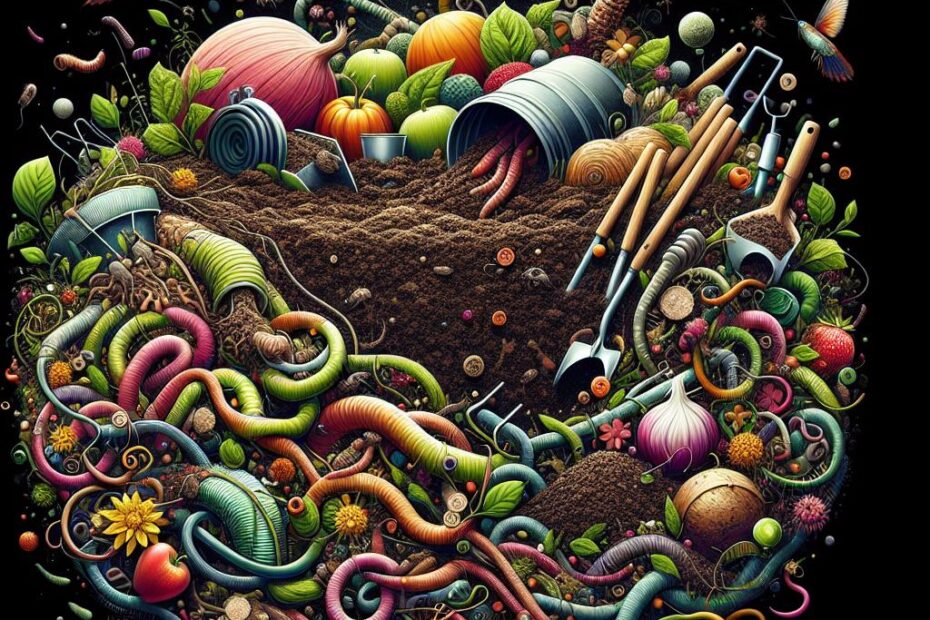The Importance of Garden Organic Matter
Garden organic matter plays a crucial role in the health and vitality of your garden. It is the cornerstone of sustainable gardening practices and can greatly improve the fertility of your soil, resulting in healthier plants and better yields. In this article, we will explore the benefits of using garden organic matter, practical tips for incorporating it into your garden, and real-life case studies showcasing its effectiveness. Let’s dive in!
What is Garden Organic Matter?
Garden organic matter refers to any material that originates from living organisms and can be broken down by microorganisms in the soil. This includes compost, mulch, cover crops, and animal manure. Garden organic matter serves as a source of nutrients for plants, helps improve soil structure, increases soil water retention, and fosters a beneficial environment for soil organisms.
Types of Garden Organic Matter:
-
Compost: Compost is a nutrient-rich material made from decomposed organic matter such as kitchen scraps, yard waste, and manure. It provides a slow-release source of nutrients for plants and helps improve soil structure.
-
Mulch: Mulch is a layer of organic material spread on the soil surface to help retain moisture, suppress weeds, and regulate soil temperature. Common types of mulch include wood chips, straw, and leaves.
-
Cover Crops: Cover crops are fast-growing plants grown in between main crops to protect the soil from erosion, suppress weeds, and add organic matter when tilled under.
-
Animal Manure: Animal manure is a valuable source of nutrients for plants and can improve soil fertility when incorporated into the soil.
Benefits of Garden Organic Matter:
Using garden organic matter in your garden offers a wide range of benefits, including:
- Improved soil fertility
- Enhanced soil structure
- Increased soil water retention
- Reduced soil erosion
- Suppressed weed growth
- Increased biodiversity in the soil
- Reduced reliance on synthetic fertilizers and pesticides
Practical Tips for Incorporating Garden Organic Matter:
Here are some practical tips for incorporating garden organic matter into your garden:
-
Start a compost bin or pile to recycle kitchen scraps and yard waste into nutrient-rich compost for your garden.
-
Use mulch to cover the soil surface around your plants to retain moisture, suppress weeds, and regulate soil temperature.
-
Plant cover crops in between main crops to protect and enrich the soil.
-
Incorporate animal manure into your soil by composting it first to avoid burning your plants with fresh manure.
Real-life Case Studies:
Case Study 1: Increasing Soil Fertility
After incorporating compost into their garden for several years, a family noticed a significant improvement in the health and yield of their plants. The soil became richer and more fertile, leading to larger vegetables and more vibrant flowers.
Case Study 2: Soil Erosion Prevention
A farmer in a hilly area started using cover crops on his sloped fields to prevent soil erosion during heavy rains. Within a few seasons, the soil erosion was significantly reduced, and the soil structure improved, leading to better crop yields.
Conclusion:
Incorporating garden organic matter into your gardening practices is essential for maintaining healthy soil and promoting sustainable garden practices. By using compost, mulch, cover crops, and animal manure, you can improve soil fertility, structure, water retention, and overall plant health. Start integrating garden organic matter into your garden today and reap the benefits of a thriving and productive garden!
